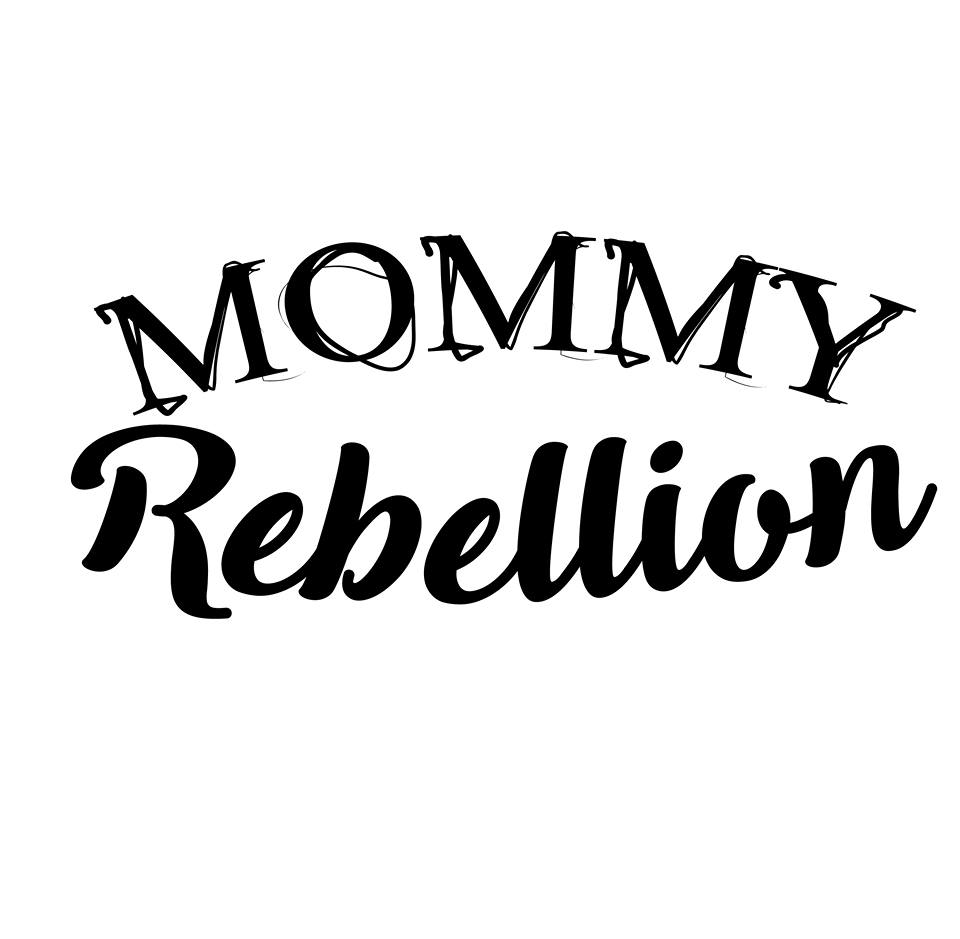Teaching patience in a digital age where everything can come in nanoseconds is such an interesting parental concept.
I grew up in that teeny tiny gap generation from 1977 to 1983. Before the Millennials but after Generation X. My childhood was analog but my teenage and college years were digital. So I kind of bridge and understand both and yet, it is so important to me to teach my kids patience.
And yet I remember what it was like to be a small kid and be stuck in that idea that it NEEDS to happen RIGHT now. But when I was growing up things didn’t happen right now. You had to wait one week to the next week for a tv show, you couldn’t binge watch a whole season in a day. My kids totally want to do that when a new season comes on Netflix or Amazon Prime, and I am like “No, no, save some for tomorrow, don’t binge watch it all in one day!”
It’s so funny when the Grand Tour came out on Amazon Prime (you know the car show, we usually watch Top Gear when everyone is sick, because it’s this innocuous slightly funny show, doesn’t harm anyone, no swearing, and it isn’t cooking. Because I mean sometimes watching a cooking show when your tummy is upset, is a REALLY bad idea). Anyway when the Grand Tour came out and Amazon would only release one episode a week and my kids were like “OMG, we have to wait a whole week for a new episode?”
These are lessons in patience.
Patience, I think this is one of the reasons why it is so important to get kids involved in gardening. Besides that digging in dirt is a natural antidepressant, but just the fact that it doesn’t grow overnight. I mean even my husband’s hops which can literally grow six inches in a day, still it’s a way to learn patience.
My almost 11 year old has gotten ducks and we recently got more ducks because we needed more girls, and we got a duckling. My 11 year old kept being worried about the duckling, and we kept saying it’s only for a few weeks, in a few more weeks it is going to be a duck, this passage of time, and figuratively she’s had it for six weeks and it is now much more of a duck than a duckling, it doesn’t need to follow its mama anymore than when we first got it.
These lessons in patience.
So I broke my ankle hiking and it’s been a little bit more than 3 weeks since I broke it. (Note: I wasn’t doing anything crazy – this is a hiking trail I have been up at least a dozen times before and I am sure I will go up a dozen times again.) But I slipped on some rocks and broke my ankle. Ever since I broke my ankle, every single night, my 9 year old comes to say goodnight to me, because I am sleeping downstairs in a chair to elevate my ankle, and she says “I hope you feel better in the morning. I hope your ankle is better in the morning.”
And I get it, I get that she wants everything to come back to normal. It is never going to come back to normal that it was before, because that is just not how life works, everything changes. I tried to explain this to her, but I think it is one of those things that you just have to experience.
But the other thing I want to say is it is not like pain is linear. I mean we would like to think it is, that everyday we are healing we are going to get just a little bit better. But healing is like grief, it comes in waves, it cyclic or spiral or cylindrical. You are going to have bad days, days when it hurts more or you can’t do it. Where you’ve got to push more, or days when the grief just overwhelms you, but it’s going to happen.
It becomes part of you, part of your soul, just like grief does. It can be 5, 10 years down the road and it can come up again, because it is part of who you are, you will be reminded if nothing else.
Teaching kids patience is like teaching kids about money these days because money doesn’t exist, it’s all invisible.
Teaching kids patience, trying to explain to my 5 year old and my 9 year old that their 11 year old sister is just going through her uglies, and that this is just a stage and she will get better and that right now she is just being a bit of an ugly duckling. That it won’t always be about her. Again an example about patience.
Patience, we really do need to teach our children about patience, because as Simon Sendik says about the Millennials Generation that I am slightly too old to be in, and are happening now, they were given a shitty hand, a bad set of playing cards and they don’t know how to deal with patience. Because you can order something on Amazon and it arrives the next day, in some places within a couple of hours. So they don’t understand patience.
Teaching patience. I think it should be on every parent’s curriculum.
If you any good ideas beyond what I have shared here, I would love to hear them.
How do you teach your kids patience?








Recent Comments